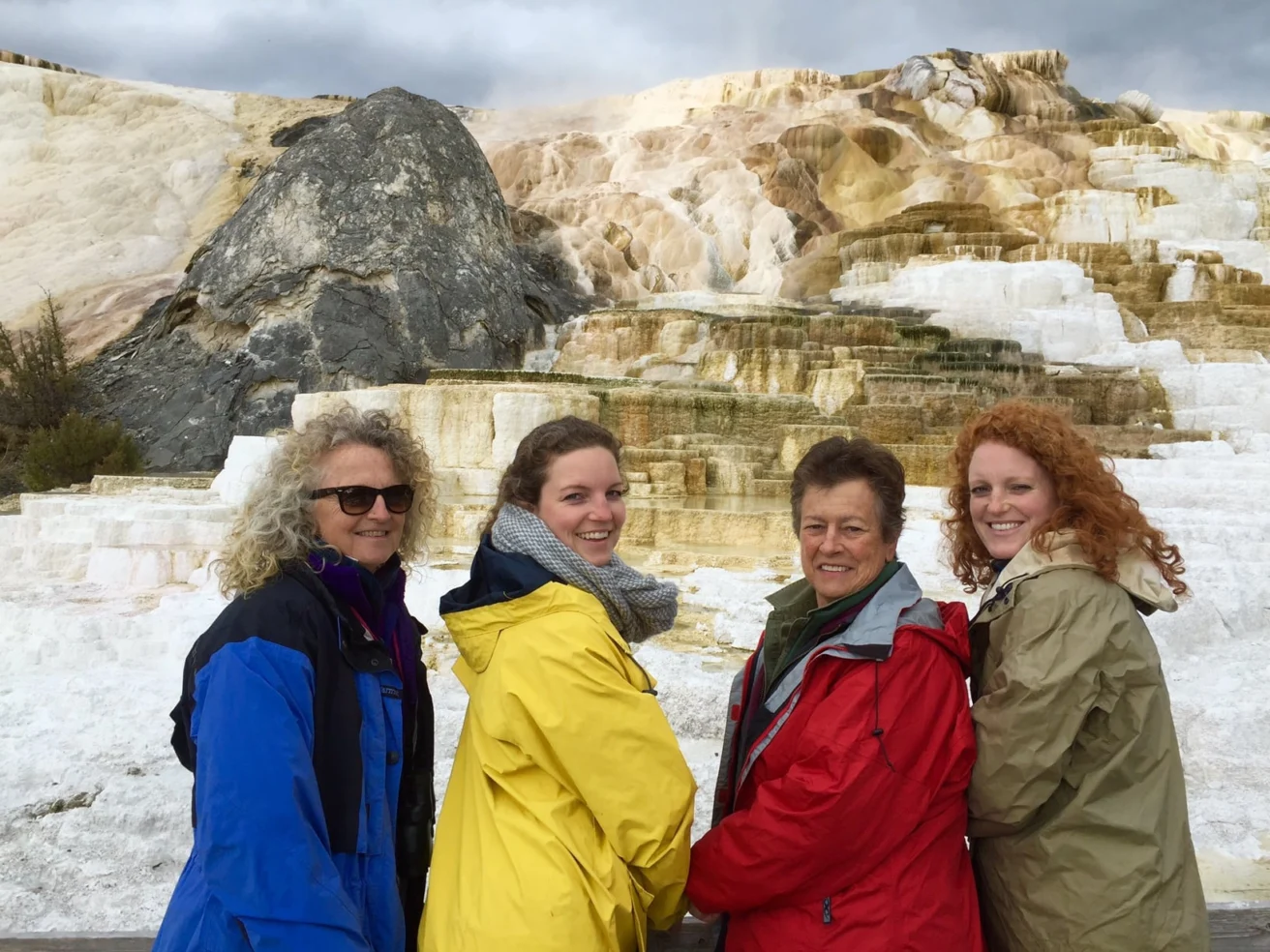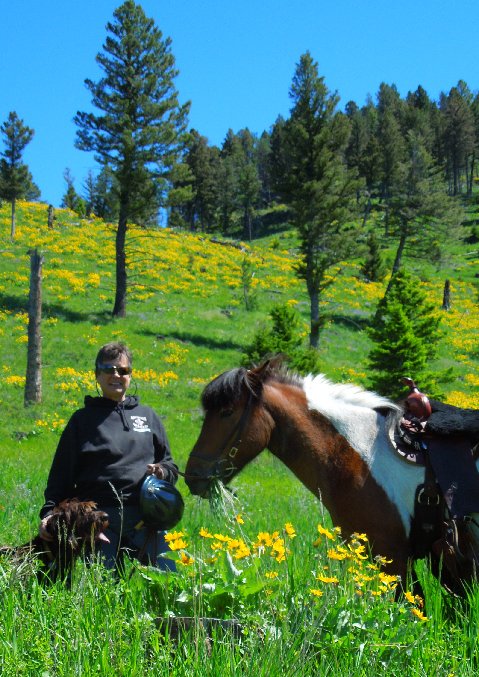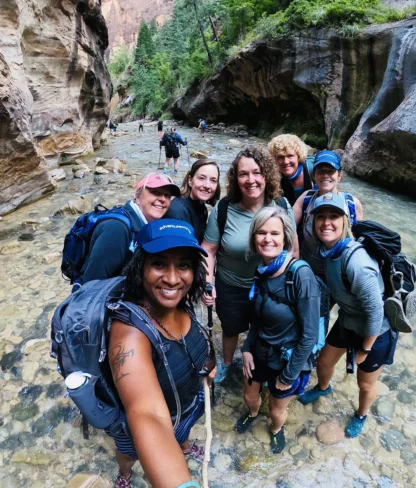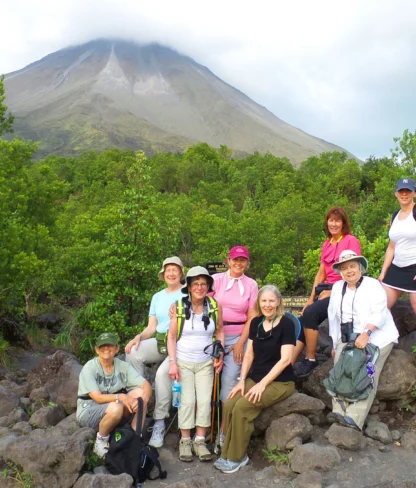What You Can Do to Protect Yourself Against Breast Cancer: Nutritional Tips

It is once again October and we are participating in the world-wide breast cancer awareness initiative in honor of our founder, Susan Eckert. If you had the privilege of knowing Susan, then you will remember her as a maverick who when faced with a challenge, educated herself on how to surmount it and then used her “fight fear with action and a can-do-it attitude” to move forward past it. She was a big believer in empowering yourself to use every avenue available to fight breast cancer.

The incidence of breast cancer continues to rise but thankfully mortality is decreasing according to the latest metrics from the Susan G. Komen Foundation:

According to the National Cancer Institute, the risk that a doctor will diagnose breast cancer in a female in the United States within the next 10 years is:
- 1 in 227 (0.44%) for those aged 30 years
- 1 in 68 (1.47%) for those aged 40 years
- 1 in 42 (2.38%) for those aged 50 years
- 1 in 28 (3.56%) for those aged 60 years
- 1 in 26 (3.82%) for those aged 70 years
Most of us women know at least one other woman who has been diagnosed with this disease, many know many. In honor of our founder, we want to update our community of women at AdventureWomen about some helpful nutritional tips which we thought you would want to know about.
Here are five tips which give you some actionable ideas for using nutrition to protect yourself against breast cancer:
TIP #1: Eat more onions and garlic.
Researchers led by Gauri Desai at the University at Buffalo identified 314 women aged between 30 and 79 in Puerto Rico who had breast cancer between 2008 and 2014. Puerto Rico has a lower incidence of breast cancer relative to mainland U.S. populations. The researchers found an inverse association between moderate and high total onion and garlic consumption and breast cancer cases, compared with low consumption of these vegetables. “Sofrito intake, when examined alone, was inversely associated with breast cancer; for those consuming sofrito more than once/day, there was a 67% decrease in risk, compared to never consumers.” Although the study was observational and cannot explain the mechanisms behind the findings, the researchers suspect that the flavanols and organosulfur compounds abundant in onions and garlic may be responsible for the anticancer effects.
TIP #2: Eat a low-fat diet.
Ross Prentice, Ph.D. at the Fred Hutchinson Cancer Research Center, in Seattle, WA and colleagues at the Women’s Health Initiative (WHI) set out to followed almost 50,000 postmenopausal women over 2 decades, in an effort to determine the effects of a low-fat diet on breast cancer, colorectal cancer, and heart disease risk. In 1993, Prentice and colleagues enrolled 48,835 postmenopausal women living in the United States and assigned 40% of them to a low-fat diet with higher intakes of vegetables, fruits, and grains. The other 60% of the participants followed their usual diet. After a median follow-up of 19.6 years, the scientists found that women who had experienced breast cancer and who followed a low- fat diet with the increase in vegetables, fruit, and grains were 15–35% less likely to die from any cause vs the control group.
TIP #3: Don’t drink sugary drinks.
Eloi Chazelas, from the Sorbonne Paris Cité Epidemiology and Statistics Research Center in France examined the links between the intake of sugary drinks and various forms of cancer in 101,257 French adults. The drinks they examined included “sugar-sweetened beverages” such as soft drinks, syrups, fruit drinks, 100% fruit juices without any added sugar, milk-based sugary drinks, sports drinks, and energy drinks. And the researchers also considered artificially-sweetened drinks such as diet soft drinks, sugar-free syrups, and diet milk-based beverages. Using 24-hour online food questionnaires, the researchers assessed the participants’ consumption of 3,300 different kinds of foods and drinks. Furthermore, clinical observation of the participants continued for up to 9 years. Chazelas and colleagues accounted for potential confounders, including age, sex, education, hereditary risk of cancer, and lifestyle factors e.g. smoking and exercise. The analysis revealed that for a daily increase of 100 milliliters in the intake of sugary drinks, the risk of overall cancer rose by 18%, and the risk of breast cancer increased by 22%. Sugary drinks may raise cancer risk because the sugar affects visceral fat, blood sugar, and inflammatory markers — all of which previous studies have correlated with higher cancer risk.
TIP #4: Eat more chicken and less beef.
Scientists used Sister Study data to analyze the impact of nutritional habits on breast cancer incidence. Analyzing data from 42,012 females ages 35–74 years old, the team followed participants for an average of 7.6 years. Each participant provided information that included their medical history, incidence of cancer in their family, lifestyle factors, diet, height, weight, and demographic information. The women who ate the most red meat had a 23% higher risk of developing breast cancer than those who ate the least red meat. While these results re the effects of red meat consumption have been contradicted by other studies, the protective effects of eating chicken were statistically significant. The data showed that those who ate the most poultry had a 15% lower risk of developing breast cancer than those who ate the least poultry.
TIP #5: Eat more apples, nuts, carrots, fatty fish, and legumes.
What we eat impacts our health. Many, many research studies have shown this is particularly true in terms of cancer. Here is a roundup of nutritional tips recommending the best types of foods you can focus on to reduce your risk of breast cancer.
At AdventureWomen, we believe in empowering you to take action around the aspirations, ideas, values and behaviors which you are most passionate about. We also hope the information above will allow you to better protect yourself against the risk of a diagnosis of breast cancer. But in the end, our community of cancer survivors at AdventureWomen is perhaps our greatest treasure because women, together, we know that we are always stronger.


